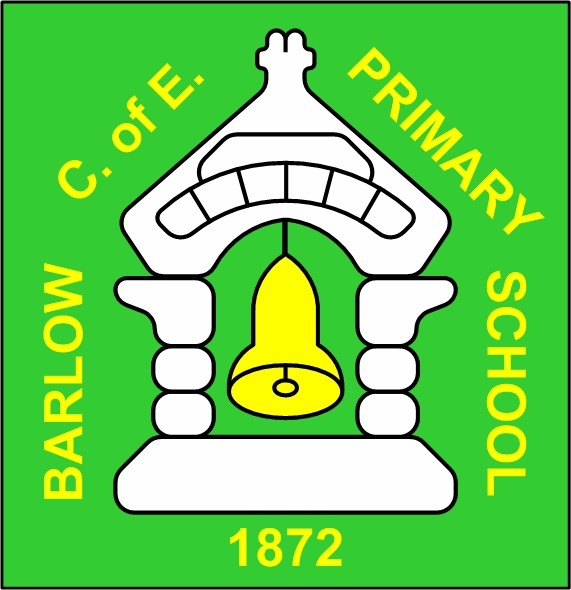PSHE
Our aims for PSHE teaching (Intent)
The PSHE programme at the Barlow School aims to prepare our pupils for the opportunities, responsibilities and experiences of life. PSHE allows our children to find their own sense of self and explore how behaviours affect us personally, in our community and more widely, nationally and globally. We consider both negative and positive effects of those behaviours and actions so that we can learn to understand and respect our common humanity, diversity and differences. The core themes explored in PSHE lessons encourages children’s sense of unity and togetherness, which our small school excels at, so that that they can go on to form the effective, fulfilling relationships that are an essential part of life and learning.
How we teach PSHE (Implementation)
- PSHE is taught in discreet weekly lessons but it also supplemented where appropriate in the wider curriculum, for example, during computing when considering digital literacy or in science when looking at humans and how we develop as we age.
- PSHE Matters is our core scheme which guides our planning and teaching. It follows twelve modules taught over a two year period, each with appropriate content for each Key Stage.
- Due to our mixed age classes our 2 year programme is covered by two cycles (A and B) ensuring that all modules are considered and children have access to a broad and comprehensive PSHE curriculum.
- Modules are delivered using the outlines in the PSHE Matters guidance as well as supported through other resources such as the Twinkl PSHE scheme and Zones of Regulation.
- Children also get to experience Forest School. This outdoor learning environment is child-centred learning with a focus on play, exploration and supported risk-taking. Encouraging children to learn through hands-on experiential learning in a natural setting helps to develop their confidence and self-esteem. We see this as a central part of our PSHE delivery.
- Children also take part in national programmes such as the NSPCC scheme ‘Speak Out, Stay Safe’ and the DARE (Drugs and Relationship Education) project for Year 5 and 6.
